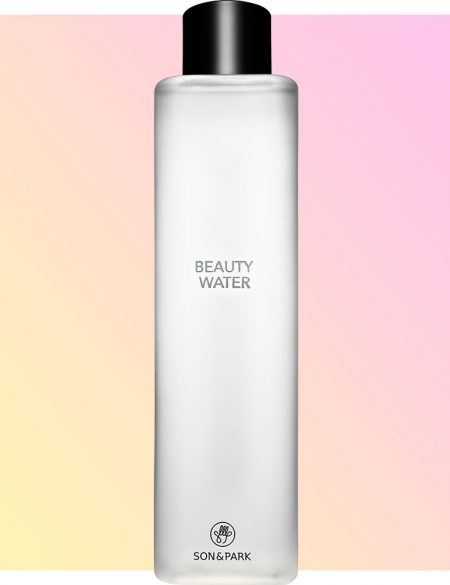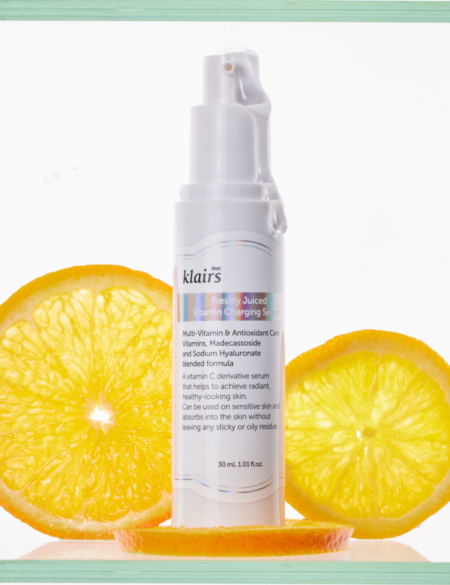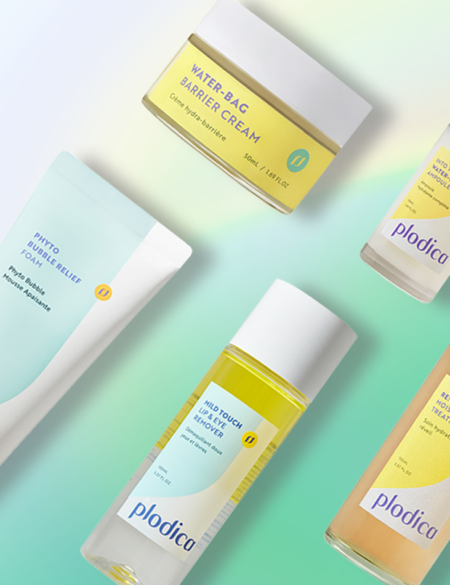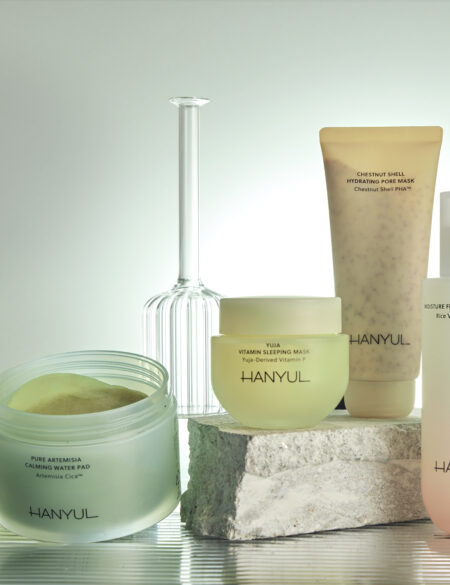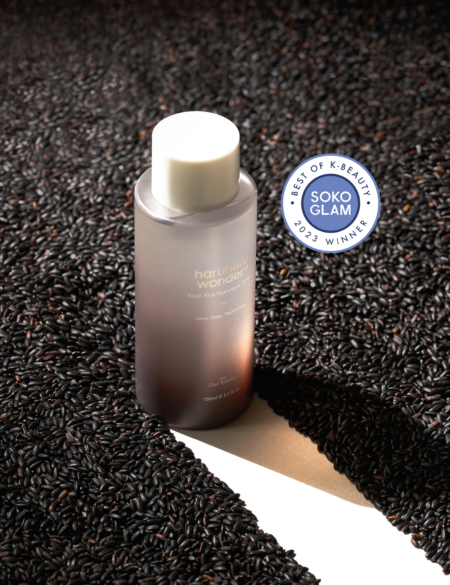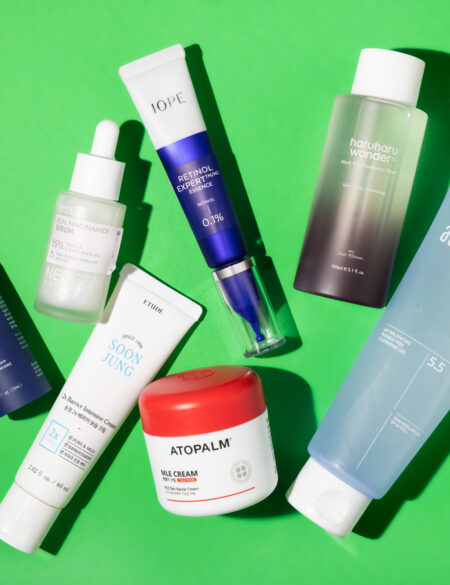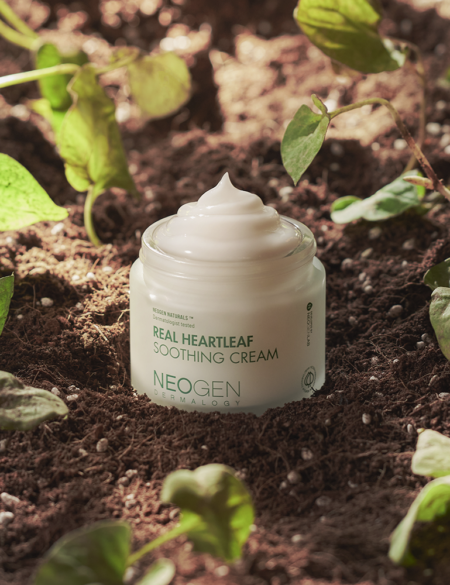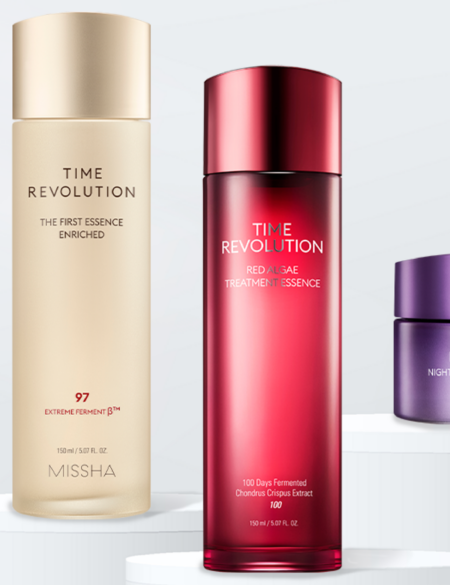As people who are really passionate about skin care, it’s natural that the more we learn about it, the more questions we have! In Skin Care FAQ, our new ongoing series, we’ll be taking every week one of the top-searched skin care questions and bringing it to top dermatologists, aestheticians, and skin care specialists to give you the most complete and accurate answer. This week’s theme is: Should you be using organic and natural skin care products?
We live in a world full of choices, sometimes too many. These days, on top of deciding what moisturizer to get, you have to decide whether it’s right for your skin, fits into your budget, and whether or not it contains “organic” or “natural” ingredients. The problem here is that no one really seems to know exactly what it means when a product is organic or natural, or whether these kinds of products are actually better for your body.
According to Hermosa Beach dermatologist Annie Chiu, organic and natural products aren’t all what they’re cracked up to be. “The problem is there is no certified agency that truly regulates cosmetic or skin care product label use of the terms ‘organic’ or ‘natural,’ so it’s inconsistent from one brand or another what that truly means,” she says.
However, Chiu does say that some organic products could be beneficial for people. “Typically brands that advertise as being ‘natural’ are sulfate- and pthalate-free, so if you have sensitive skin or a true allergy to these ingredients, it is beneficial to look for more ‘natural’ or ‘organic’ brands,” she says.
Generally, the “all-natural” term refers to products that don’t use synthetic chemicals. A few examples of Korean brands that compromised in being “natural” are RE:P, Innisfree, Primera, and Belif.
One more thing: Chiu wants you to know that just because a product is labeled “natural,” that doesn’t mean it’s a better-for-you product.
“Poison ivy is a natural plant product, but obviously you can be allergic to that too,” she warns. If you’re sketched out by using products labeled “natural” and “organic,” but you also have sensitive skin that could benefit from these kinds of products, Joshua Zeichner, the director of clinical and cosmetic dermatology at Mount Sinai Hospital in New York City, says natural oils may be your best bet. “Natural oil options can effectively cleanse and moisturize and may be appropriate options for people with dry or sensitive skin without causing skin irritation the way that some traditional products can,” he says.



